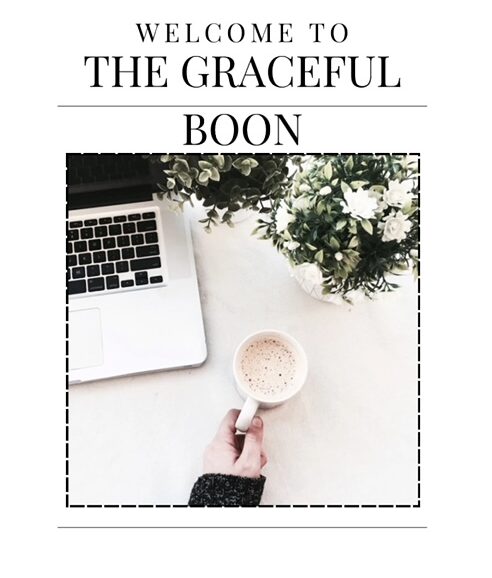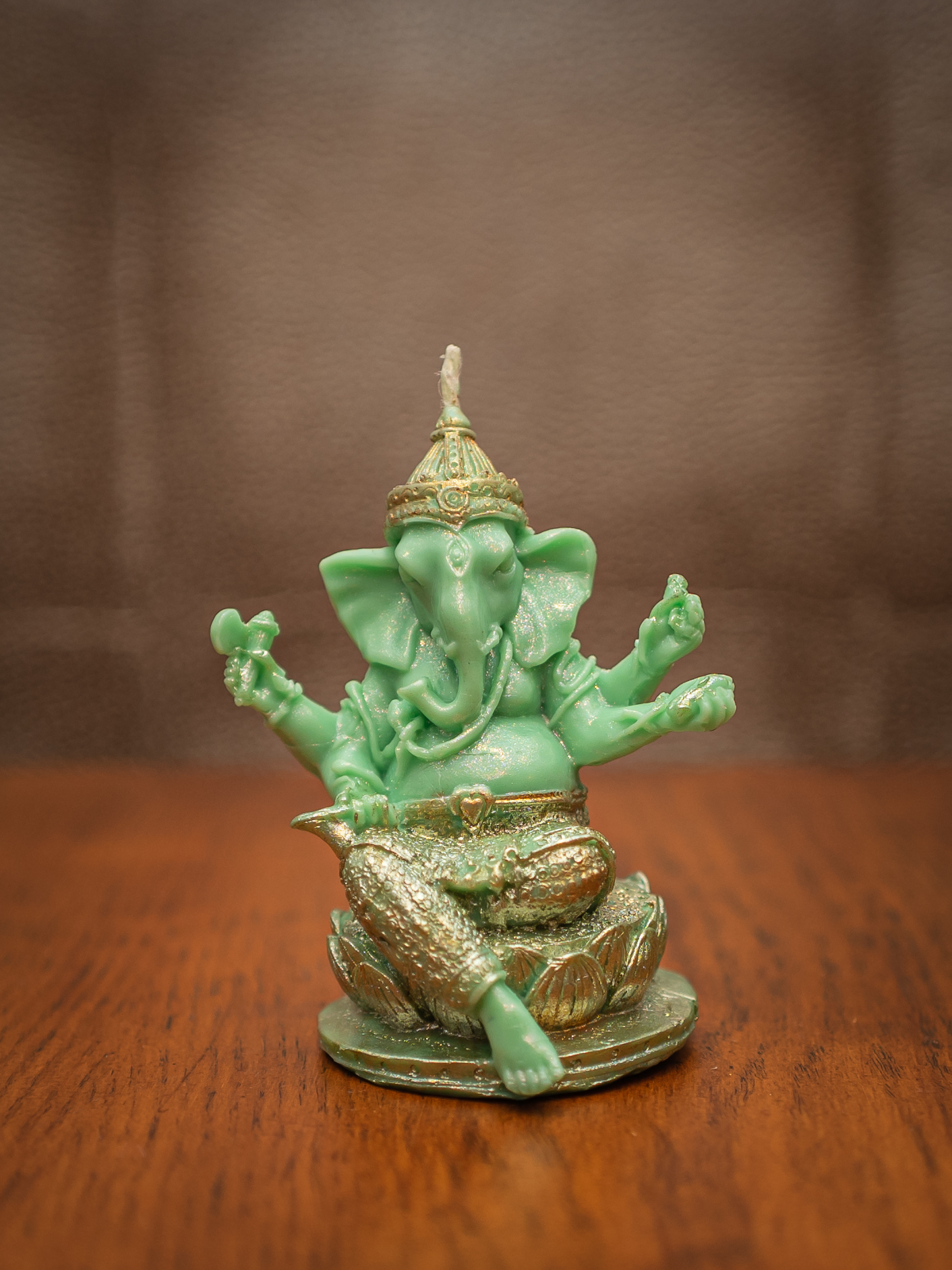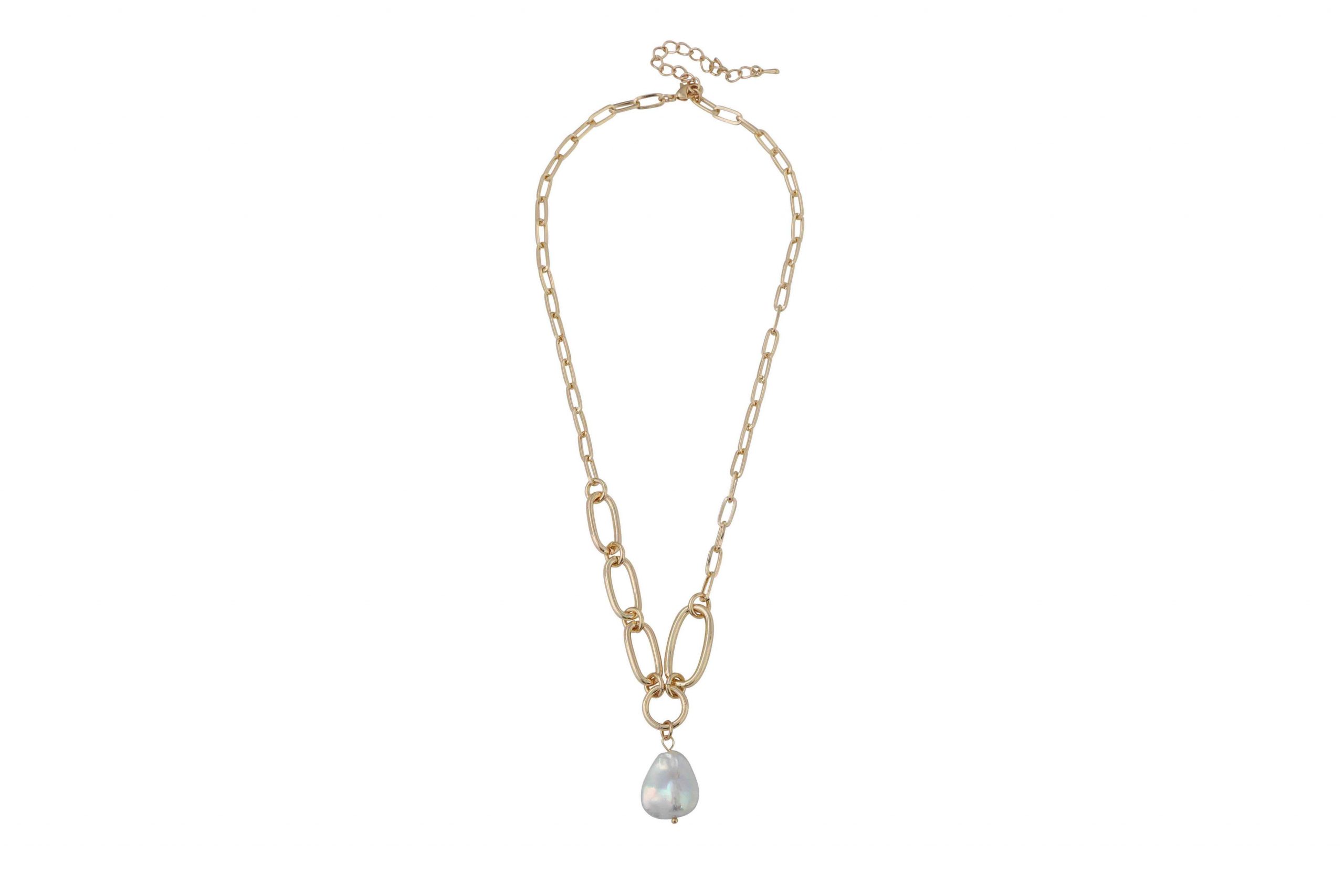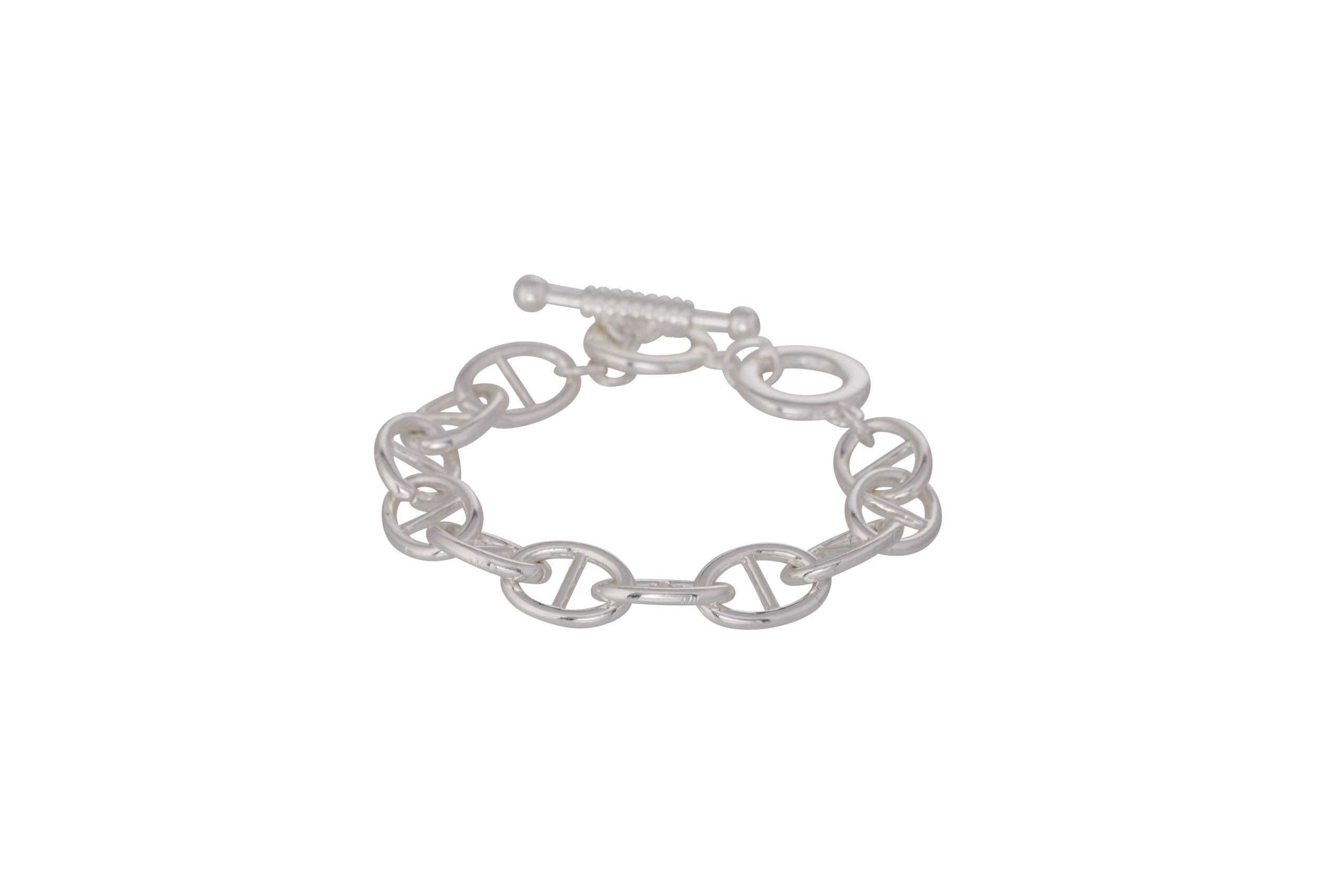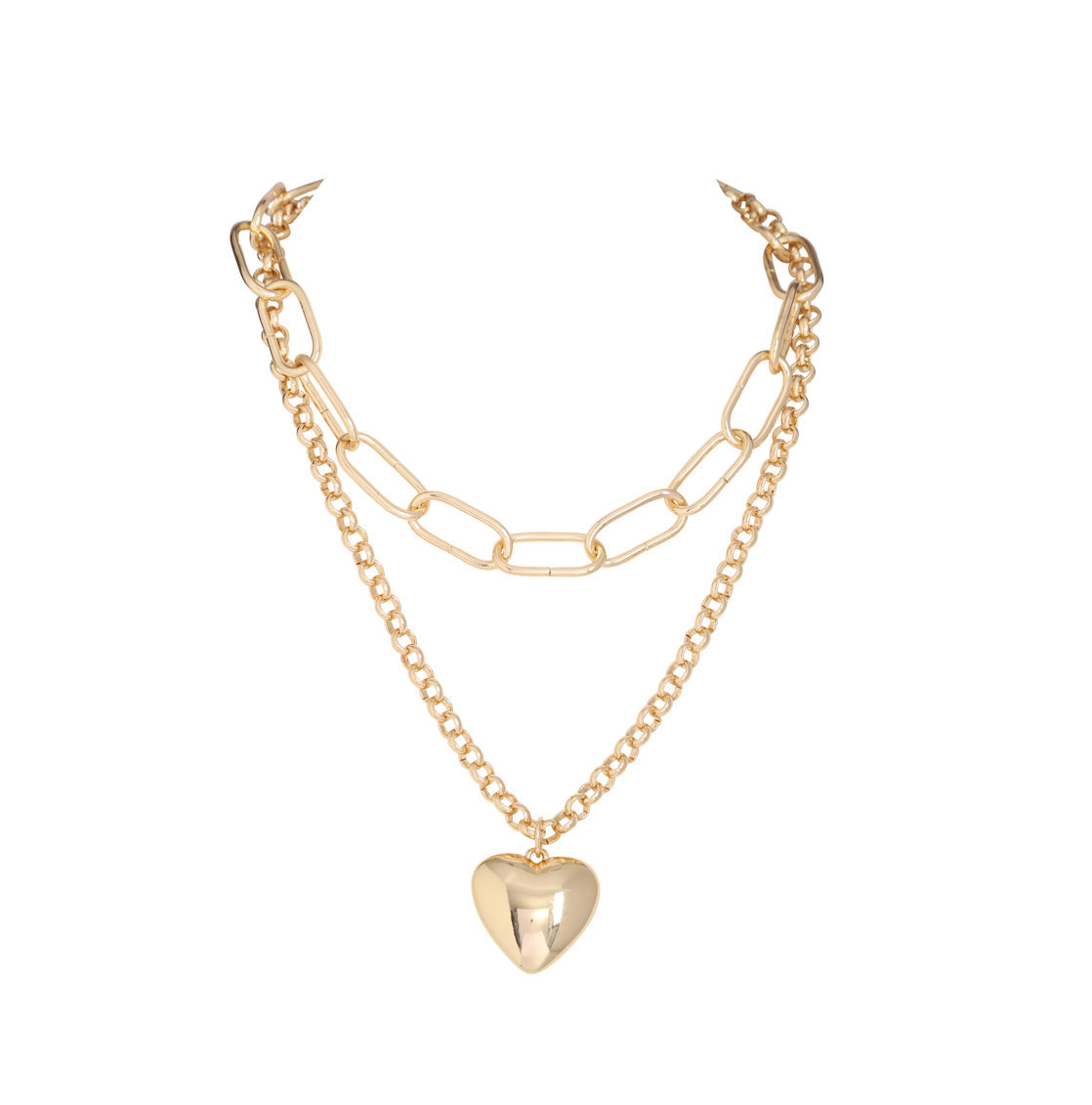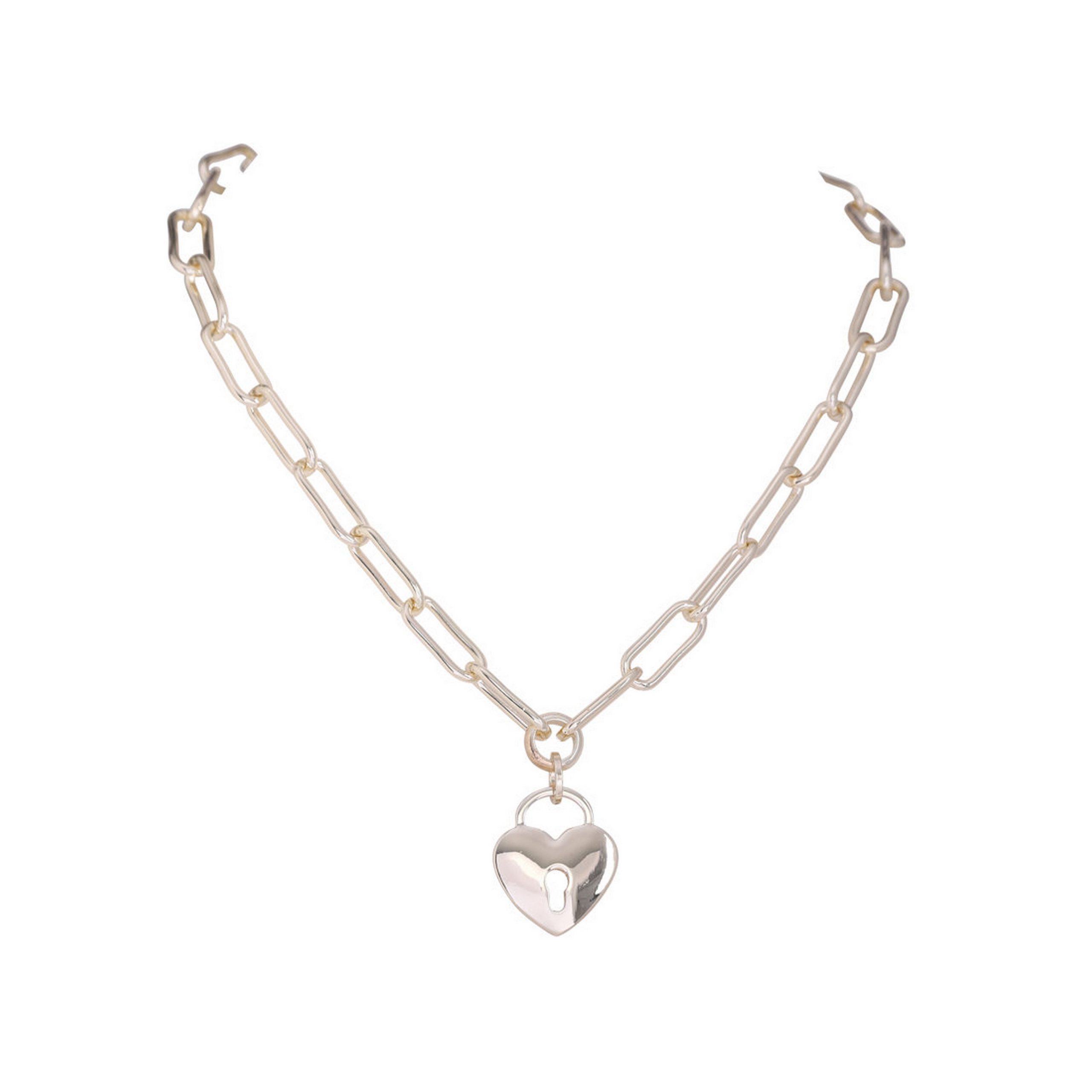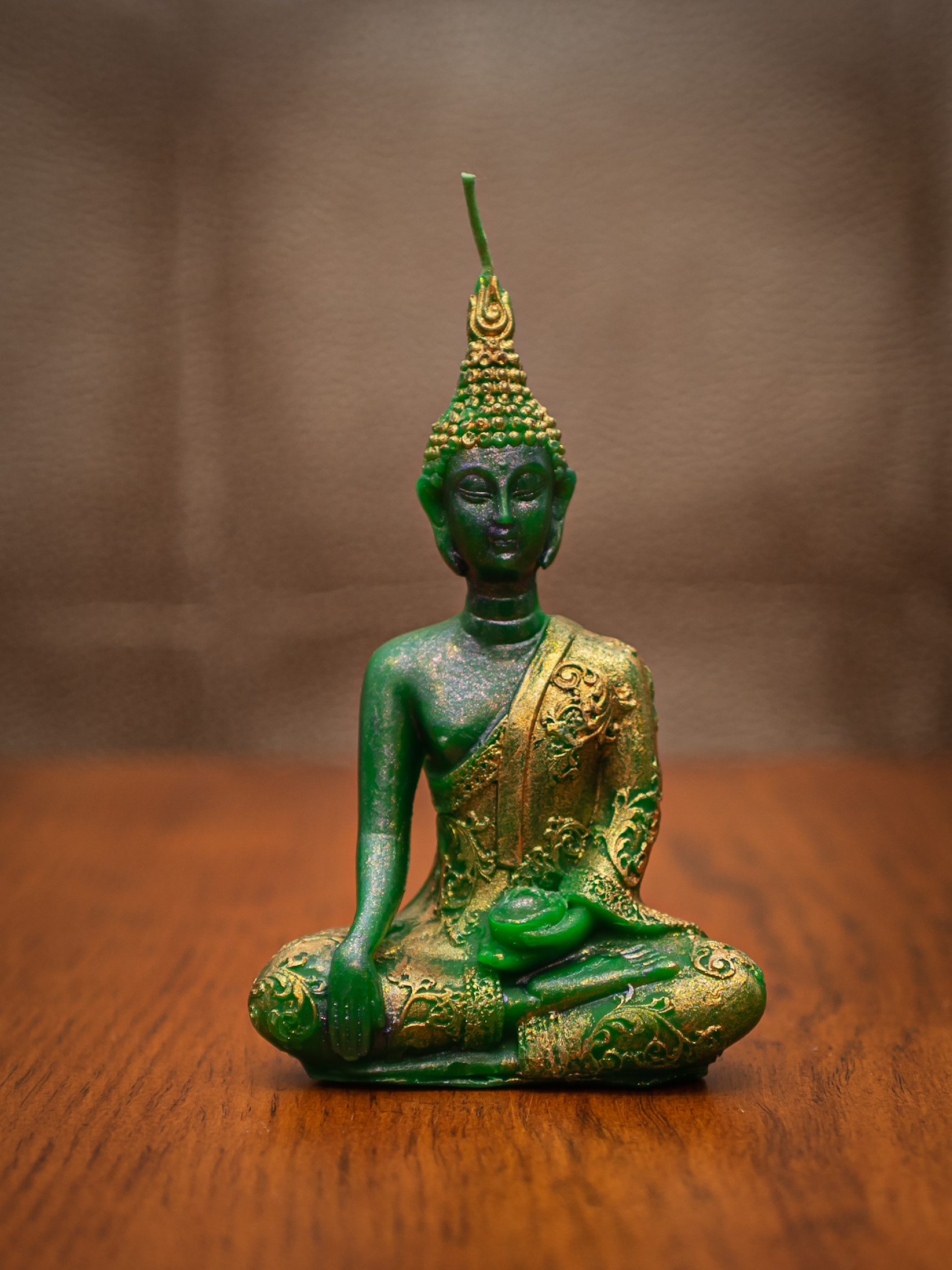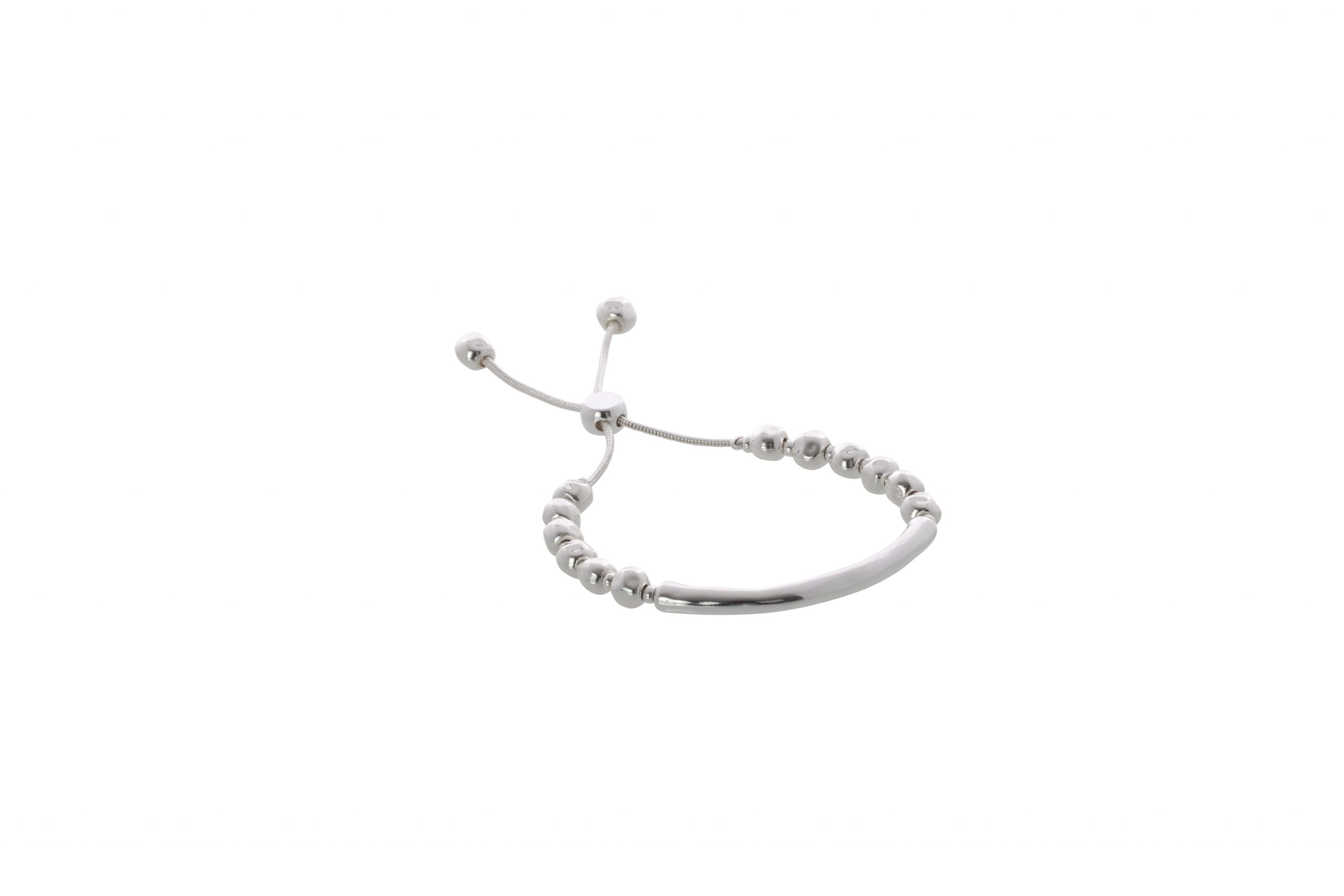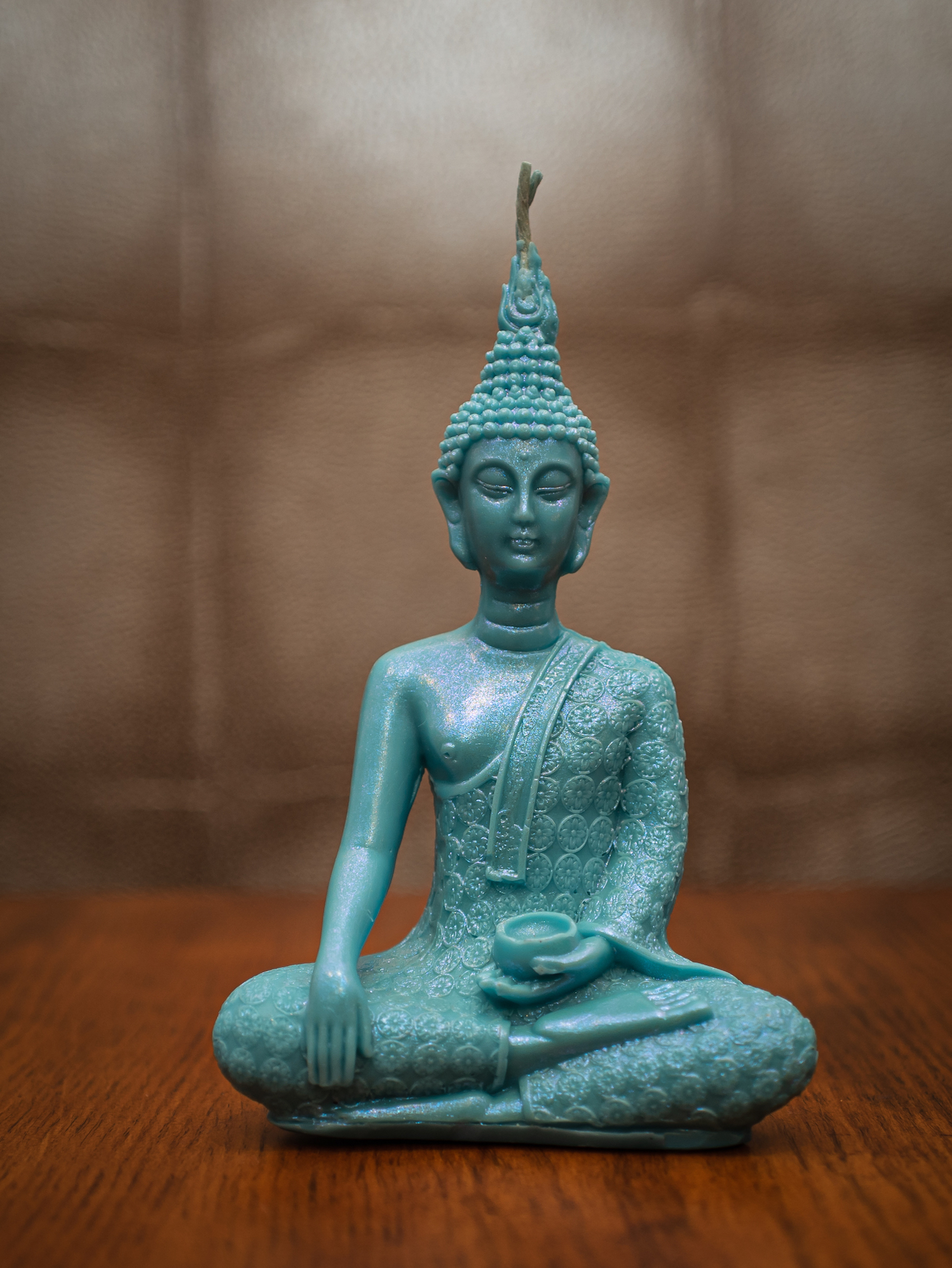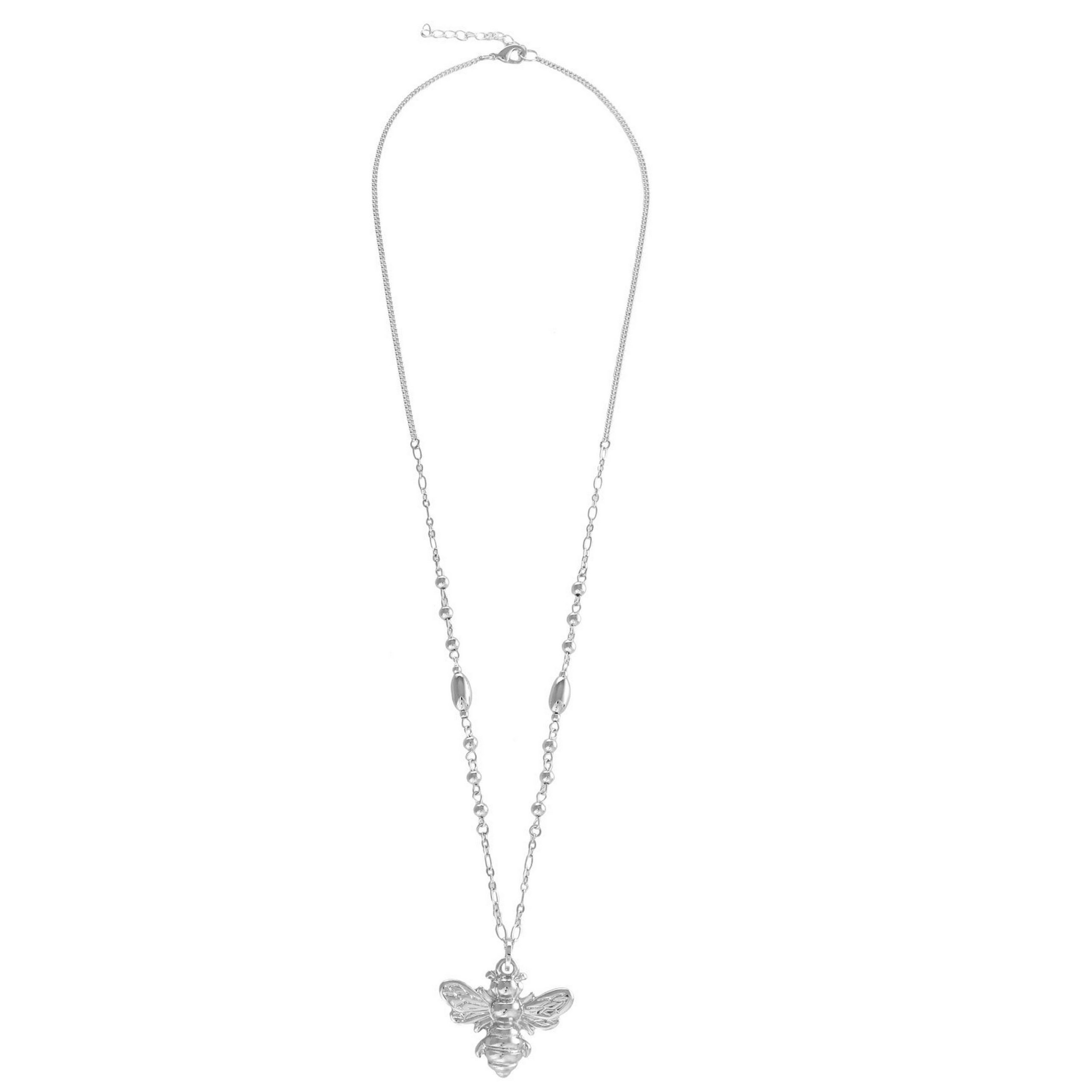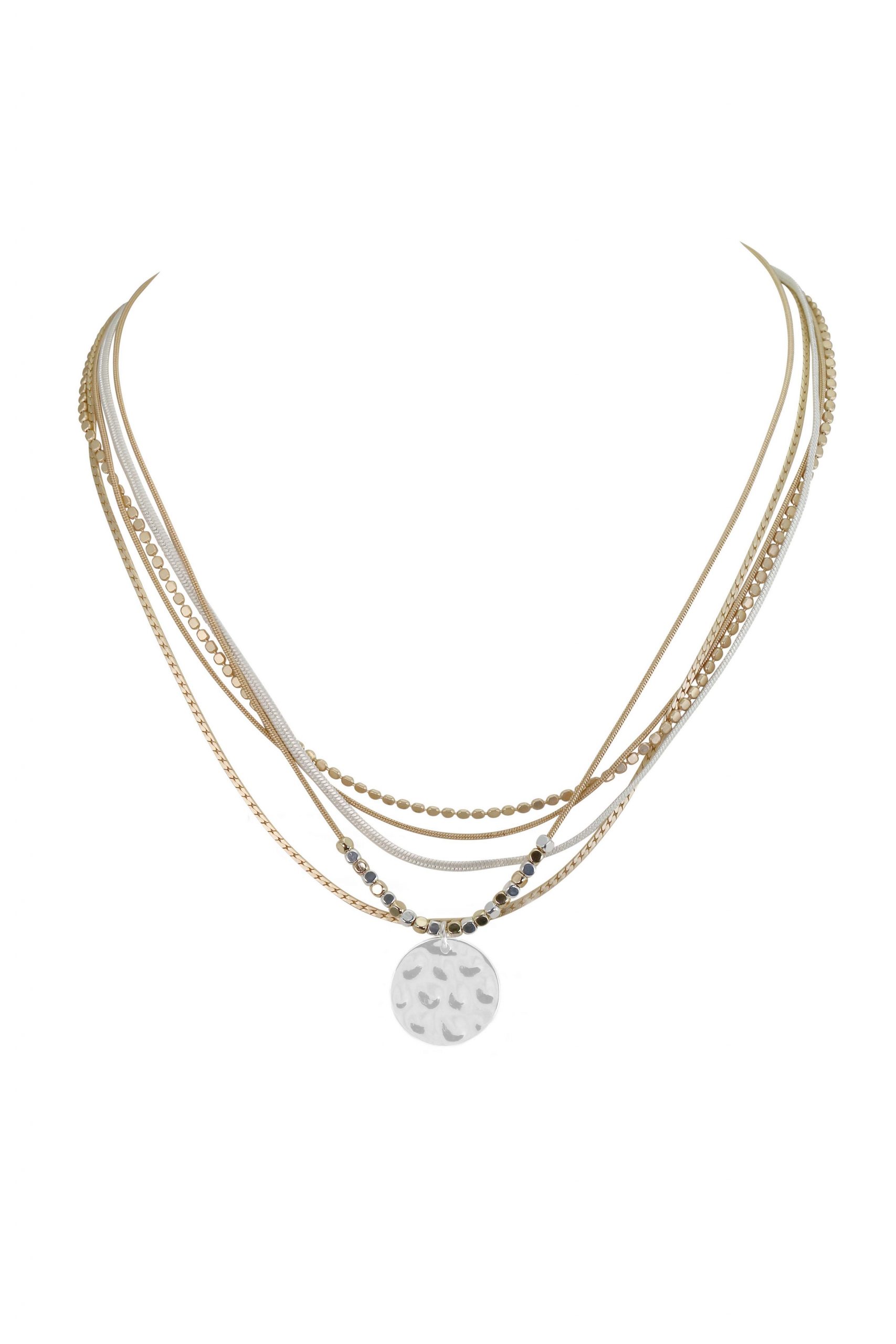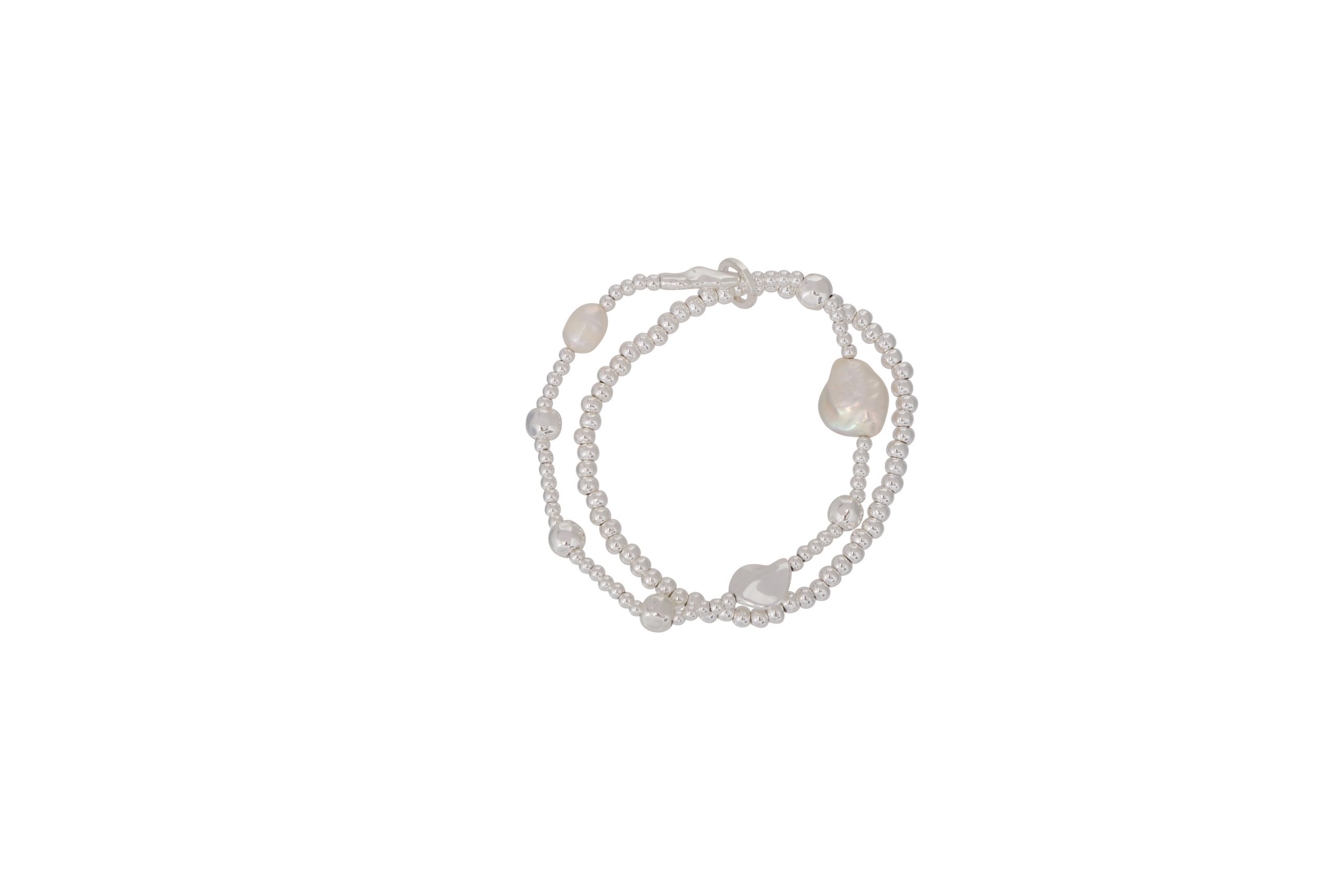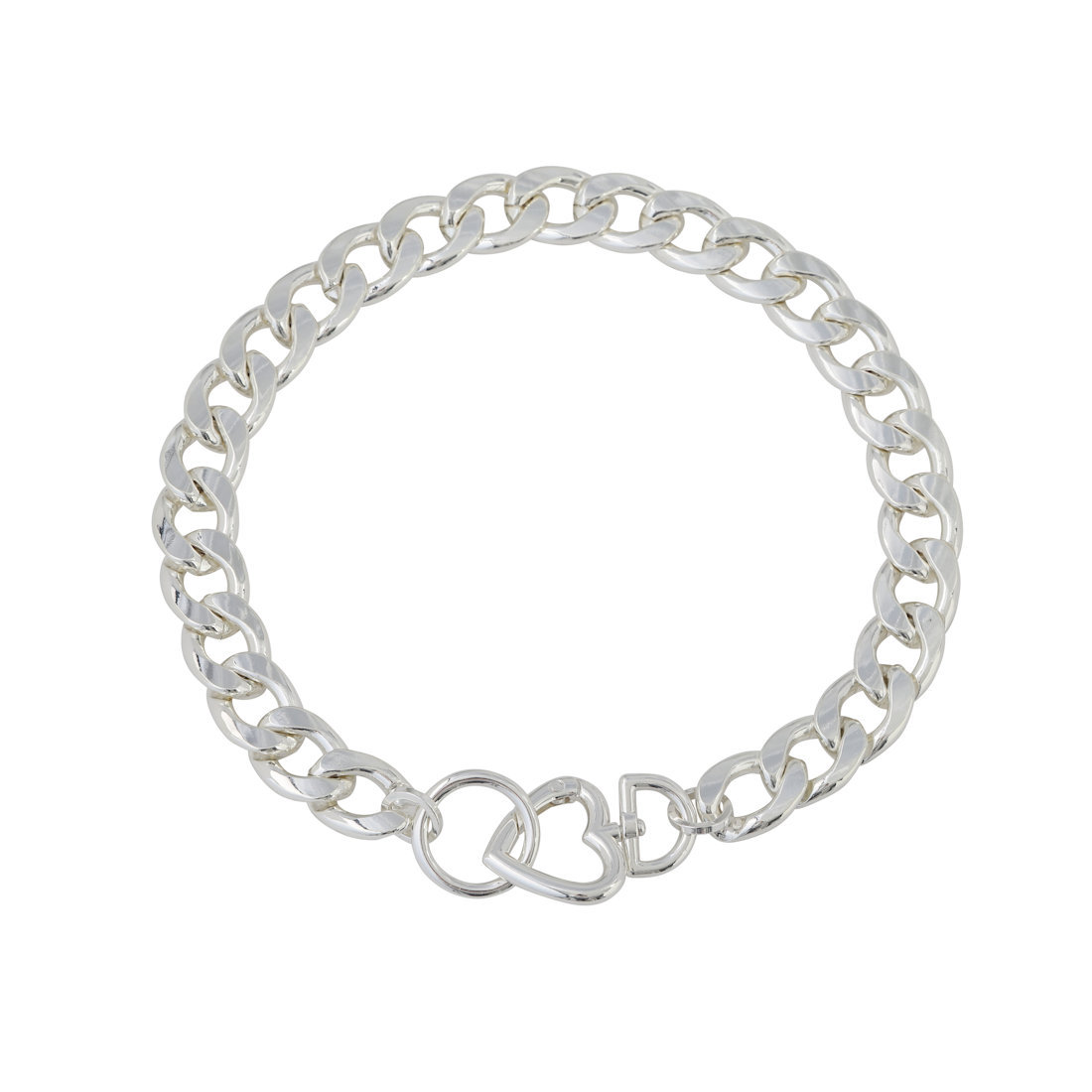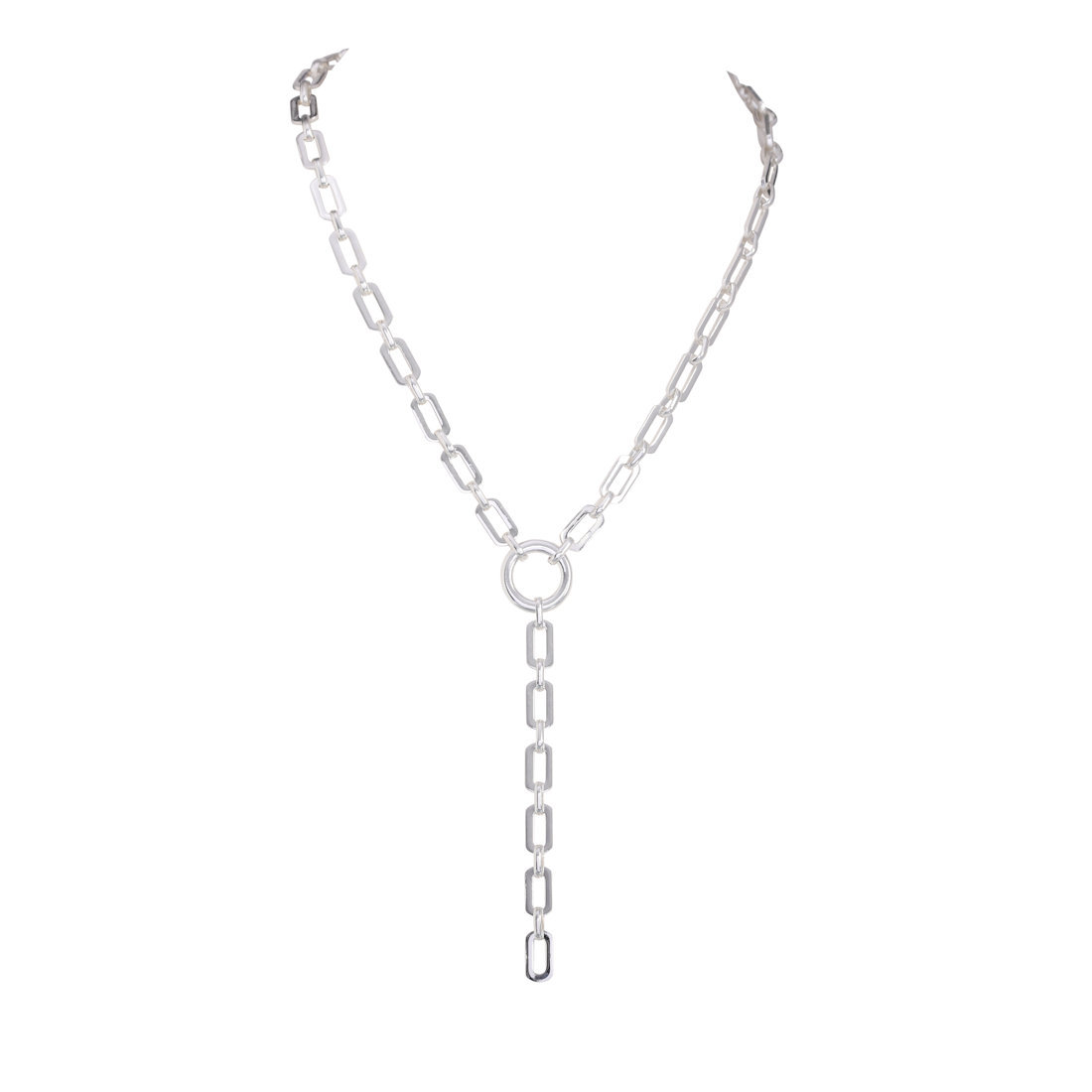My blog post about Petra Solano, who was French-Israeli actress Yael Groblas’s character on ‘Jane The Virgin’ reminded me of something else about her. She was a queer character! In the later seasons of the show, she was in a romantic relationship with Rosario Dawson’s character, Jane Ramos. Jane Ramos, or J.R as Petra would call her so not to get confused with Jane the virgin, was the healthiest relationship she ever had. And yes, her relationship with Rafael was toxic as well, mainly because she was the toxic one between the two of them. She was toxic with JR as well, but was willing to soften up and compromise for her unlike with any other lover Petra ever had.
Viewing Petra’s relationship with J.R onscreen made me reflect on my own sexuality. Yes, I’m married to a man and I’ve built a life with him. But I’m actually bisexual. I never had to do the coming out part of my journey as no one actually cared who I went to bed with as long as I kept myself safe. I also was never actually in a long-term relationship with a woman where I’d even consider her meeting my parents. All my romantic encounters with women were sexual. I was never in love with the ones I’d been with. Nevertheless, I had my share of fun and a sense of adventure with my sexuality.
I never felt shame for my sexual orientation. I never felt confused either. I appreciate both men and women the same way. I find them beautiful and attractive. I find them sexy and intriguing. I recently got the chance to watch ‘Red, White & Royal Blue’, and there were a lot of moments in the movie that I could relate to. No, I’m not the Princess of England, nor am I the First Daughter of the United States. I’m just a regular person. But I’m queer just like the two main characters were in the movie (and the book), which makes us so relatable.
In the movie, Alex, played by Taylor Zakhar Perez, is most afraid to come out to his mother, played by Uma Thurman. But when he does, she has the best reaction; exactly the one that he needed from the closest person to him. She was supportive, attentive, and even funny about it. I think if I were to officially come out to my family, that’s how it’d go. I consider myself lucky because not everyone in the queer community has that type of love and support from their loved ones.
The second scene that caught my attention was when Alex confirmed to the world that he was in a relationship and in love with Prince Henry, played Nicholas Galitzine, when their relationship is leaked by the press and, therefore, is forced to come out publicly. It was his speech that really made me see him as a queer icon. He said it best. Queer people have the right for privacy. It’s up to us when we want come out, if at all. It’s not about shame. It’s not shameful to be queer. Instead, it’s about privacy. That’s the case for me, at least. For some, it can be about shame, especially when a queer person is surrounded by people who make them feel shame about their sexuality .
With that being said, it doesn’t mean that I didn’t experience my own share of fear and anxiety due to my sexuality. I did experience fear and anxiety throughout my queer journey, but not for reasons that you might think. If anything, I felt confusion. You see, I’m queer AND disabled. That’s a combination that’s one for the books. On TV and film, you will see someone who’s queer and another person who’s disabled. But never anyone who’s queer AND disabled. Correction – there was one time I saw it happen, and that was on the Netflix hit, ‘Sex Education.’
Writers tend to write about things they know and experienced. The reality is, people either know of either queer people OR disabled people, but almost never one person who’s both queer and disabled. It’s almost unknown for a disabled person, specifically someone who has cerebral palsy like me, to have a personal life, let alone a disabled person identifying themselves as queer. The only reason why we saw a disabled person on TV having sex was because the writer of that episode was disabled and queer herself, and seeing that for the first time, very recently might I add, was a VERY big deal.
It’s a sad reality that disabled people are seen as less than even by today’s standard. Laws and regulations can state whatever, but the reality still remains. Even some of my relatives were pleasantly surprised that I’m perfectly capable of taking care of my child on my own considering the fact that I have cerebral palsy. But at least they weren’t surprised when they found out I had a long-term boyfriend who’s now my husband. They did also attend my wedding and happily celebrated our union with us. They’d be there just as much if I were getting married to a woman. Or at least I hope they would.
Dating as a blossoming queer woman was a confusing experience. When I looked at anyone as being attractive, I saw men and women the same way. I appreciate men and women the same. I love men and women’s bodies the same way. Gender, to me, is whatever. It always was, always has been, and always will be. But whenever someone I was interested in me looked at me just the same as I looked at them, thoughts would be running through my head immediately.
I was never as confident as I am today. The woman I am today could even get herself a date as a married woman with someone who’s not even her husband all while having cerebral palsy and epilepsy. People don’t date looks. On the contrary, they date the mind and the confidence the other person has within him or herself. That was something I wish I understood when I was younger. But to no avail. I was a fool back then. I finally started really dating around and being sexually active with both men and women when I hit my 20’s. That was when I had my biggest epiphany.
No one actually gives a crap about my disability or my neurological disorder. They care that I’m a f*cking good, honest, and positive person who’s always true to herself. Just as I said before, dating is about the confidence and the strength that you have within yourself that you show to the other person. The first impression might be about appearance, but the rest is about everything else. Yes, I have cerebral palsy, and I definitely need help sometimes physically speaking, but who doesn’t ask for help these days? And seizures – anyone can have them at any given moment. Any one of you reading this could be diagnosed with epilepsy tomorrow.
Being a disabled queer has been a liberating experience. It taught me so much about myself; things that I would’ve never known otherwise. It taught me that I CAN actually be seen as an attractive and sexy woman by others in spite of my disabilities. It taught me that I CAN be loved romantically by others in spite of my disabilities. And finally, it taught me not to be ashamed of myself and what I represent, which is being disabled and queer. These are the three main lessons I learned through my experience of being a disabled queer woman, and these are the lessons I’m grateful for and will take with me for the rest of my life.
Sign up to our newsletter if you want to see more content from The Graceful Boon! By signing up to our newsletter, you'll get an even more in-depth content from yours truly, Stacie Kiselman, who's our Graceful Boon, that you won't want to miss out on.
